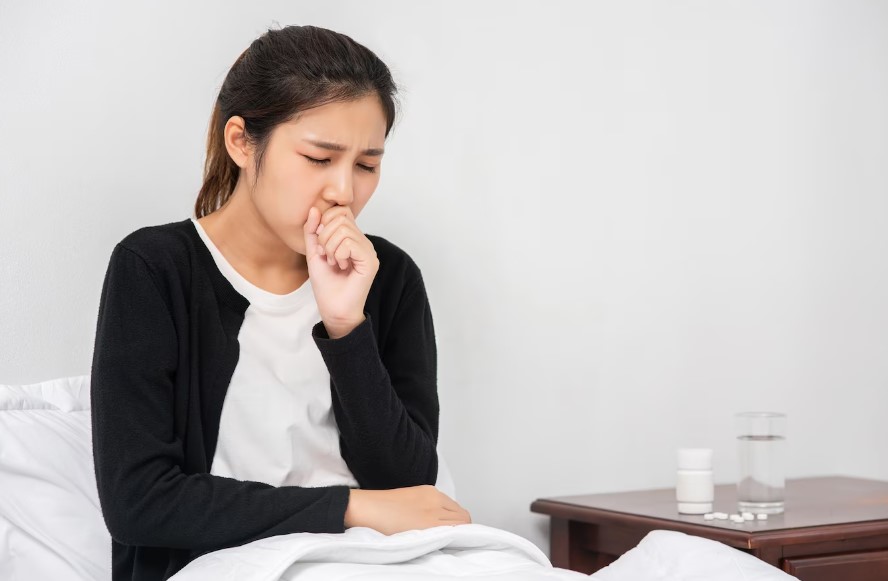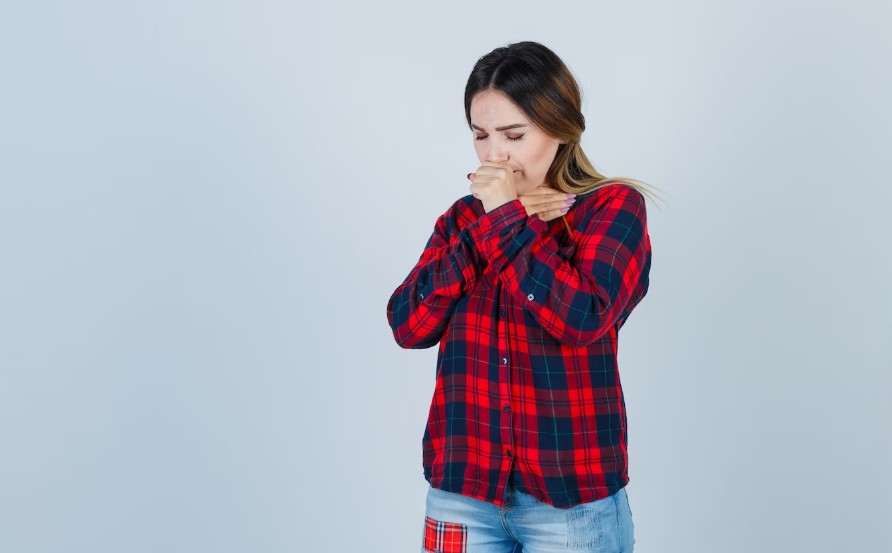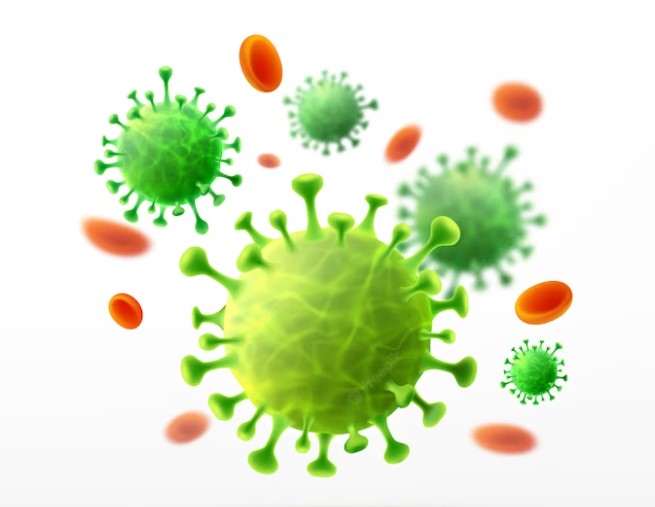Influenza (Flu) is an infectious disease that is caused by a group of viruses which leads to fever and chills, sneezing, coughing and a sore throat. Moreover, these viruses easily affect the nose, lungs, throat and breathing system. Influenza is a virus categorized with a different name such as types A, B, and C and it generally affects human health during the cold season. Popularly known as flu, it is one of the contagious diseases that easily spread from one person to another. These viruses spread across people through sneezing droplets, breathing exchange and through the air. It is quite noticeable that when a healthy or non-affected person inhales these droplets, the virus affects the host.
The symptoms of Influenza (Flu) are:
The symptoms of flu are generally noticeable and can be observed within 3 days. About one to seven days after coming into contact with the virus, you may begin to feel unwell. In most cases, signs start to show up in 2 to 3 days. The infection is so contagious that it can affect a large number of individuals at once.
1. Cough

A cough is a way of responding to an infection that might infect your throat or airways. You may start frequently coughing when you get infected after getting into contact with the affected person. This is an indication of flu that also causes tightness in the chest. Eventually, the cough produces mucus and phlegm which develops stage by stage. It is important to consult a doctor if you have any breathing issues or asthma. It is advisable to cover the mouth while coughing to prevent the spread of the disease.
2. Fever

A fever is a rise in body temperature in response to disease. This temperature rise generally indicates that your body is actively fighting the infection or influenza. It is not mandatory that a fever of 100.4 °F or above is always caused by influenza. A doctor may prescribe you medicine to lower the body temperature, but in the case of the flu, the doctor treats the infection as a priority.
3. Sore Throat

A sore throat is a painful, dry and scratchy irritation in the throat. Bacterial and viral infections, such as the flu or a cold, are frequent reasons that cause sore throat. Throat infections make it challenging to speak and eat. Cold eating practices and exceptionally cold weather both contribute to throat infections. Although this infection may make you feel uneasy and unpleasant, it is treatable. A sore throat also causes discomfort in swallowing food and hence it is better to have soup or a cup of tea for relief.
4. Tiredness and Body Pain

The clear sign of flu is tiredness and body pain. Although fatigue occurs in cold it is more challenging and impacting during the flu. If you are a workout enthusiast then don’t mix your body pain with exercise. You would suffer severe pain in the head, back and legs. Moreover, chills can be faced during fever and more critical conditions.
5. Digestive Problem

One of the influenza illnesses with the highest frequency is stomach flu and gastrointestinal issues. Your immune system becomes extremely weakened by this illness, which lasts for about three days. Fatigue, a mild fever, nausea, diarrhoea, minor vomiting, stomach discomfort, and appetite loss are the most frequent symptoms of stomach flu. You need to take measures like eating a straightforward diet, washing your hands frequently, getting more sleep, and supplementing your diet with zinc. Additionally, if you become ill during the season, see a doctor right away because it is wise to “Treat Your Body Like a Temple.” Additionally, receiving the proper care can help you maintain your health and safety.
Tips To Treat Influenza (Flu):
- Consuming a balanced meal that is high in fruit and vegetables.
- Preventing exposure to cigarette smoke.
- To clear a blocked nose, take a hot bath or shower in a confined space. Children should always be closely watched around hot water.
- Consuming hot water with honey and lemon juice that has just been strained.
- Gargling with warm and salty water.
- Drinking water and avoiding alcohol and other substance abuse.
- Maintain cleanliness around yourself
- Remember to wash your hands
- Stay away from the fireplace
- Use advised inhalers if you want to loosen up secretions in nasal passages.










